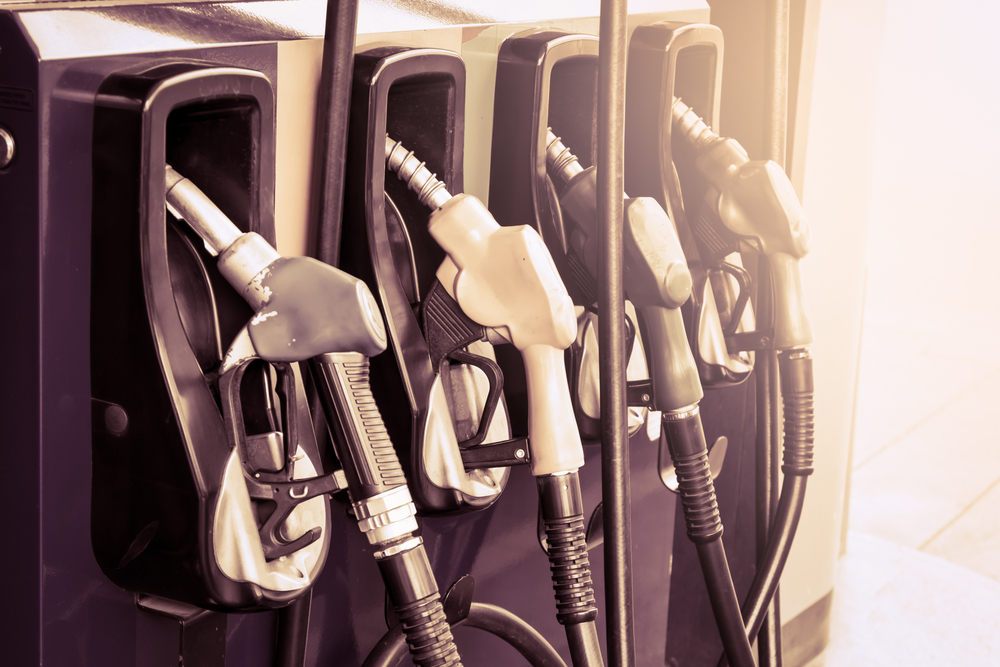
The Americans for Prosperity (AFP) are looking for ideas on how to improve American infrastructure without raising gas taxes, and to do so, they have launched a six-figure advocacy campaign.
“Before asking Americans to pay even more at the gas pump, lawmakers should make what we currently raise go further, for example by stopping the diversion of gas tax funds to projects that have nothing to do with roads and bridges,” AFP president Tim Phillips said. “Americans rely on a safe, modern federal highway system to travel to and from work, school, and visits with their families – and expect Congress to ensure these critical daily responsibilities remain affordable. Lawmakers must also consider the hard truth that increasing the gas tax would quickly undermine the benefits of tax reform by clawing back billions of dollars from low-and middle-income Americans at a time when they thought they were finally getting some relief.”
In a coinciding analysis, it was determined that higher taxes would produce on-average annual costs of between $350 to $390 for households in states such as Wyoming, Texas, South Dakota, South Carolina, and Mississippi. A 25-cent per gallon gas tax hike currently proposed would also raise total state and federal tax burdens to nearly $1 per gallon in California, Washington, Hawaii, and New York, and to $1 per gallon in Pennsylvania.
“AFP has long maintained that there are better ways to address our nation’s infrastructure challenges than asking Americans to reach back into their pockets to funnel more money into a broken system,” Phillips said. “The economy is booming in large part due to the tax and regulatory reforms that Congress and the administration have implemented, and we urge them not to undermine that success by clawing back that tax relief at the gas pump.”
As part of its efforts to counter this, AFP will launch digital ads in 20 states and deluge 30 congressional districts to target specific lawmakers. The group seeks to oppose any efforts to increase the gas tax, and instead desire preservation of federal infrastructure dollars for construction projects, private investment in infrastructure assets, overhauling the regulatory and permitting system, and eliminating the practice of spending gas tax revenues on non-highway projects, among others.